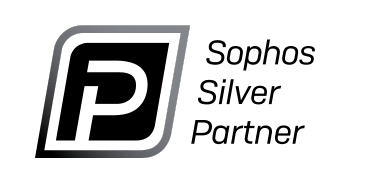In November 2024, cybersecurity experts uncovered a sophisticated attack method known as “SEO poisoning,” where cybercriminals manipulate search engine results to distribute malware. A notable instance involved the search query “Are Bengal cats legal in Australia,” which led users to malicious websites designed to infect their devices. This technique exploits less competitive search terms to achieve higher rankings, thereby increasing the likelihood of unsuspecting users clicking on harmful links.
In the ever-evolving landscape of cybersecurity threats, a new method known as SEO poisoning has emerged as a significant risk to internet users. This sophisticated attack involves cybercriminals manipulating search engine algorithms to rank malicious websites higher in search results. Unsuspecting users who click on these links may inadvertently download malware or expose their sensitive information.
What Is SEO Poisoning?
SEO poisoning leverages search engine optimisation (SEO) techniques, typically used to increase the visibility of legitimate websites, to spread malicious content. Cybercriminals identify less competitive search terms—such as niche software queries or trending but obscure topics—and craft websites designed to rank high for these searches.
Recent incidents include the manipulation of search queries like “Are Bengal cats legal in Australia,” where users were directed to harmful websites designed to install malware. Other cases have targeted searches for widely used software like Blender 3D and Photoshop, preying on users looking for downloads or guides.
How Does It Work?
Hackers create convincing websites filled with keywords and content optimised for search engines. These sites might resemble legitimate platforms but contain malicious scripts or prompt unsuspecting users to download files that appear harmless. Once downloaded, the malware can:
- Steal Personal Data: Including passwords, financial information, and personal identification details.
- Compromise Devices: Grant hackers’ remote access, enabling them to control the infected device.
- Spread Ransomware: Encrypt files on the victim’s system and demand payment for their release.
The Scope of the Threat
The use of SEO poisoning has increased notably since 2020, with cybersecurity firms like Sophos reporting a steady rise in such incidents. The technique is particularly insidious because it preys on trust; users rely on search engines to guide them to safe and relevant resources
Protecting Yourself from SEO Poisoning
Here are some steps you can take to minimise the risk:
- Scrutinise Search Results: Hover over links to inspect URLs before clicking. Avoid sites with unusual domain names or misspellings.
- Verify Website Legitimacy: Ensure that the website uses “https://” and has a valid security certificate.
- Avoid Unverified Downloads: If prompted to download a file, double-check its source. Stick to official websites for software.
- Keep Software Updated: Regular updates to your browser, operating system, and antivirus tools help guard against known vulnerabilities.
- Educate Yourself: Stay informed about emerging threats and share knowledge with friends and colleagues.
Further Reading
For a detailed report and statistics on SEO poisoning, you can explore the coverage by The Mirror, which provides insights into recent attacks and their impact on users worldwide.
By staying vigilant and adopting safe browsing practices, individuals and organisations can better protect themselves from the dangers of SEO poisoning and other emerging cyber threats.
The Bigger Picture
The rise of SEO poisoning reflects a broader trend in cybercrime—exploiting trust and familiarity to launch attacks. As search engines become integral to daily life, ensuring their results are secure is a growing challenge.
Understanding emerging threats like SEO poisoning is crucial to maintaining a safe and reliable online presence for your business. Don’t wait until it happens to you – cyber threats are evolving rapidly, and proactive measures are essential. Now is the time to strengthen your defences and ensure your business is protected against malicious attacks. Contact 4th Platform today, to learn how we can help safeguard your digital assets and keep you ahead in the ever-changing cybersecurity landscape.
In recent years, many CEOs have found themselves operating in survival mode. Economic uncertainty, rapid technological change, talent challenges and shifting customer expectations have created a
Cybersecurity is no longer just an IT issue, in 2026, it’s a core business risk. For UK organisations of all sizes, cyber threats have become more frequent, more
Artificial Intelligence has rapidly moved from being a futuristic concept to becoming one of the most influential forces shaping modern business. Almost every sector is now
Winning more business is no longer just about a better pitch. It is about how easy you are to work with, how quickly you
Digital transformation has been one of the most overused business terms of the last decade. Yet for all the talk, many organisations still struggle
For many organisations, achieving Cyber Essentials marks a valuable milestone. It protects against the most common cyber threats, reassures clients and insurers, and establishes
The unseen side of the internet Most business leaders are familiar with the internet they use every day: websites, emails, social platforms, and cloud
The IT Gap: When “Good Enough” Isn’t Enough Many small and medium-sized businesses rely on traditional IT support to keep things running. It’s a
4th Platform Partners with WatchGuard to Deliver FireCloud: Stronger Security, Less Effort Protect every worker, everywhere 4th Platform has partnered with WatchGuard to bring
The recent cloud outage at AWS, which caused downtime, data unavailability and shaken confidence, is a timely wake-up call for organisations of every size.


















